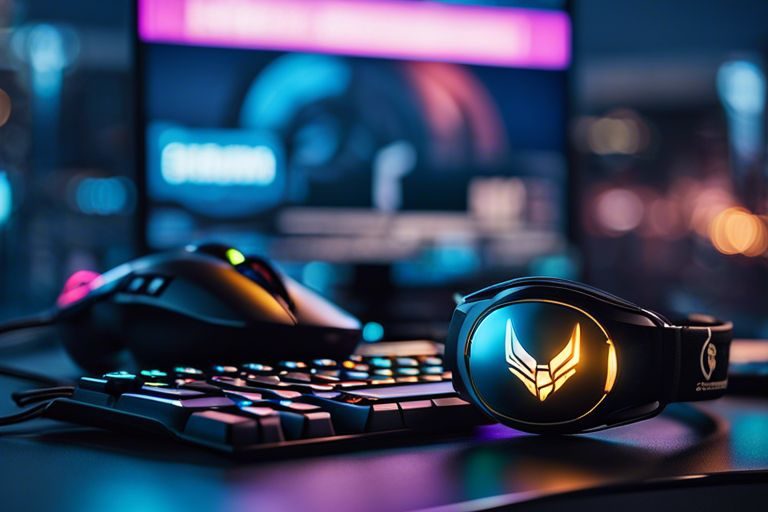There’s been a surge in the popularity of esports in recent years, with millions of fans tuning in to watch competitive video gaming tournaments. As the industry grows, so do the legal implications surrounding intellectual property (IP) rights.
Intellectual property refers to creations of the mind, such as inventions, literary and artistic works, designs, symbols, names, and images used in commerce. In esports, intellectual property can include logos, team names, in-game assets, and even the gameplay itself.
One of the key aspects of intellectual property in esports is protecting the rights of developers and publishers. Game developers invest significant resources into creating their games, and protecting their IP is crucial to ensure they can continue to innovate and create new content. This includes copyright protection for the code, art, and music in the game, as well as trademarks for the game’s name and logos.
Esports teams and players also have intellectual property concerns to consider. Players often build personal brands around their gaming personas, and protecting their name and likeness is important for commercial opportunities and sponsorships. Teams may also have trademarked logos and uniforms that they need to protect from unauthorized use.
Another important aspect of intellectual property in esports is licensing. Many esports events and tournaments are sponsored by companies looking to promote their products to a large audience. These sponsorships often involve licensing agreements for the use of intellectual property such as logos, branding, and in-game content.
As the esports industry continues to grow, legal issues surrounding intellectual property are becoming more complex. With players, teams, developers, and sponsors all involved, it’s important for all parties to understand their rights and responsibilities when it comes to IP in esports.
Overall, intellectual property plays a crucial role in the esports ecosystem. Protecting the rights of creators, players, and sponsors is imperative for the continued growth and success of the industry. As esports becomes more mainstream, we can expect to see further developments and legal challenges in intellectual property.




